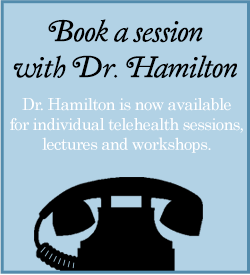 Are You Ready to Become a Professional?
Are You Ready to Become a Professional?
Dreams of “making it” in the entertainment industry can fuel a burning desire to sacrifice other interests in favor of your passion to be a performer. Yet, while being goal-oriented and persistent are necessary for the requisite training, feeling ready to audition is another story. After all, performers are often their own worst critics and polishing your skills is an ongoing task. So how do you know when to take the leap from student to professional? The answer depends on understanding what you need to thrive in the profession and why your self-evaluation may not always be accurate.
Technique
Working at a well-known academy or with a renowned teacher is practically mandatory to ensure proper technique. If you’re stuck in the boondocks with limited options, try to fill in the gaps by supplementing your training elsewhere during the summer and switching to a higher level of teaching in another venue during late adolescence and beyond. Ideally, this will include performing experiences on stage to prepare you for the transition from student to professional, along with your teachers’ connections and letters of recommendation.
Confidence
Being born a perfectionist is often par for the course in gifted performers, leading to its own set of hurdles. The best institutions may also use negative teaching practices, such as humiliating you in front of others, which can exacerbate personal insecurities about being “good enough” to perform in public. Fortunately, an increasing number of conservatories have begun to focus on healthy work habits, including fostering self-confidence. So, if your training feels overly harsh, switch to a safer environment. Be aware that your parents can also inadvertently influence how you feel about your abilities by being perfectionists themselves (an inherited trait) or becoming overly involved in your career. For example, having a stage parent can make it difficult to get in touch with your own motivation to perform. In contrast, performers who lack support on the home front are often vulnerable to self-doubt. Taking the middle ground works best from family members.
Going for the Gold
You’re ready to make the transition from student to professional when you get the green light from a trustworthy teacher and can cope with rejection. If you check out many success stories, you’ll find that it occurred after years of practice, different acts, new teachers, and lots of failure. While you may never believe you are “good enough,” you can set the stage for a professional career by setting high but not unrealistic standards and learning from setbacks. Tylenol can also take away some of the sting, given that personal rejection activates the same pain centers of the brain as a broken leg.
For more information on handling rejection, check out specific strategies to help you persist until you succeed.








